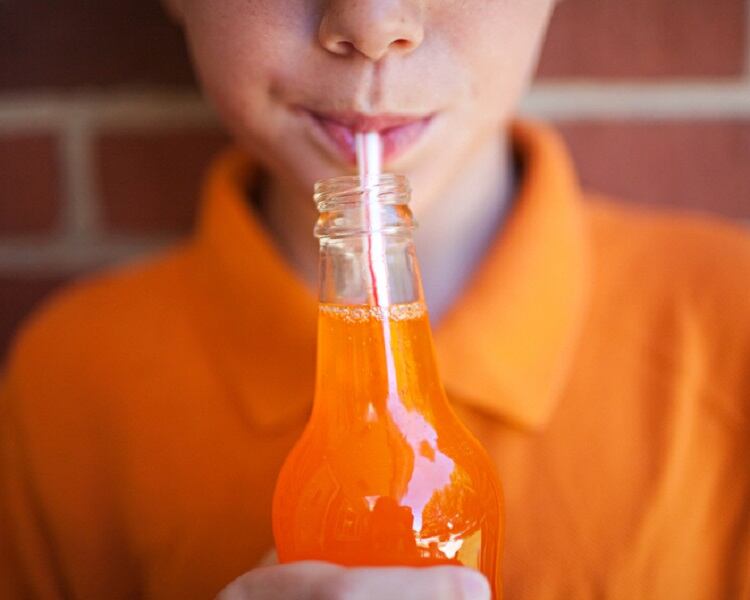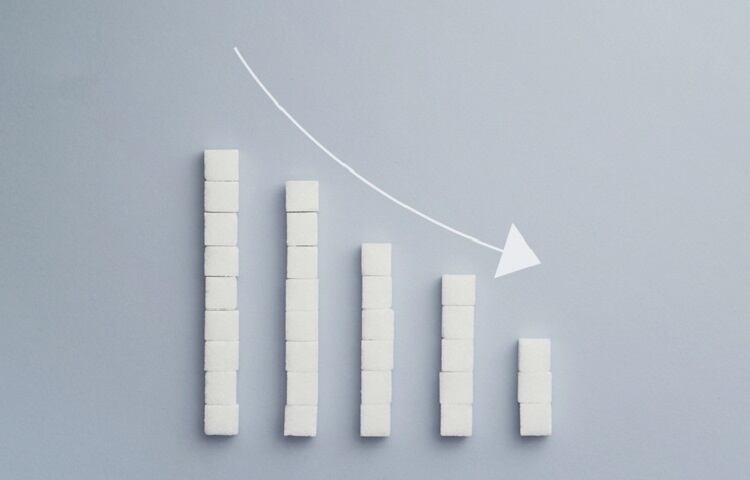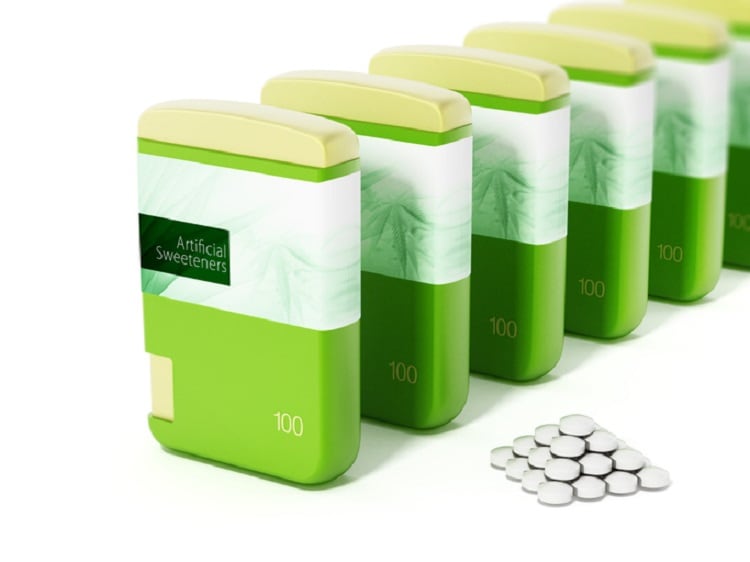A study investigating the link between high intake of added sugars and energy consumption or BMI in children has failed to find a strong correlation.
Led by the University of Nottingham’s Ola Anabtawi – who is presenting the research today (30 April) at the European Congress on Obesity (ECO) in Glasgow – the study raises questions regarding the UK’s ‘sugar tax’ and its effectiveness as a single-nutrient approach.
The Soft Drinks Industry Levy, or ‘sugar tax’, which came into force in April 2018, responds to concerning obesity levels and elevated sugar intake.
In the UK, sugar-sweetened beverages (SSBs), including soft drinks, are the largest contributor of sugar in children’s diets. Children aged between 11 and 18 years drink on average 336 ml per day.
The levy encourages beverage manufacturers to reformulate their sugar-sweetened soft drinks. The government charges 25p per litre of drink if it contains 8 g of sugar per 100 ml, or 18p per litre of drink if it contains between 5-8 g of sugar per 100 ml.
While the tax is expected to reduce obesity levels in children and adolescents by 8.5%, this latest study suggests other interventions may be required to combat the health issue.
“I am working on assessing the single-nutrient approach – that is now sugar reduction – in tackling childhood obesity,” Anabtawi told FoodNavigator.
Body mass index (BMI)
The body mass index (BMI) is a measure that uses an individual’s height and weight to determine if their weight is healthy.
In kilograms, the BMI calculation divides an adult’s weight by their height in metres squared.
For most adults, an ideal BMI is in the 18.5 to 24.9 range.
“Since the sugar tax is the only mandatory policy in the government document of ‘plan for action’, we wanted to explore more about the characteristics of children who consumer sugar-sweetened beverages.”
The findings
Anabtawi and her team analysed data from the National Diet and Nutrition Survey Rolling programme between 2008 and 2016 from a group of 1298 children aged 4-10 years. The survey recorded SSB intake and calculated BMI.
Per the results, overall consumption of added sugars from food and drink was higher than recommended (5% of energy intake) in more than three-quarters of the children. In addition, twice as many drinks of SSBs consumed more than the recommended intake of added sugars from food and drink as non-drinkers.
However, the researchers noted that 78% of children who were drinkers of SSB did not exceed their total energy requirements for their age. Therefore, no direct link could be made between drinking SSBs and greater energy consumption or higher BMI.
“The results of our study show that the drinking of SSBs is not a particular behaviour for children with extra weight,” Anabtawi explained. “And even if children consumed high free sugar it might not affect their total energy intake.”
Is a ‘simplistic’ single-nutrient approach the most efficient?
Given these findings, Anabtawi claims it is the quality of the diet that needs to be addressed for children who consume SSBs, regardless of their weight category.
“…Our findings indicate that drinking sugar-sweetened beverages is not a behaviour particular to children with a higher body weight. On the contrary, framing sugar reduction in tackling obesity might reinforce negative stereotypes around ‘unhealthy dieting’" - Ola Anabtawi, University of Nottingham
Anabtawi told FoodNavigator that assessing the effectiveness of the sugar tax more generally does not fall under her remit, and indeed the sugar tax may be useful for children who consume high quantities of SSBs.
However, the study authors argue that policies should focus on those children whose consumption of sugar-sweetened beverages “substantially increases” their total sugar intake – in combination with other public health approaches.
“The research is there to explore its framing in tackling childhood obesity, that is well-established to be a very complex issue, so simplistic interventions might not be the most effective,” she continued.
"Simplistic interventions that aim to tackle a particular behaviour, or address a specific bodyweight category, without considering other health determinants and outcomes, are unlikely to succeed in reducing childhood obesity.
“Delving deeper into the relationship between behaviours, weight, and other outcomes would increase the effectiveness of public health interventions and reduce the occurrence of unintended consequences such as food guilt and restricted eating" - Ola Anabtawi, University of Nottingham





